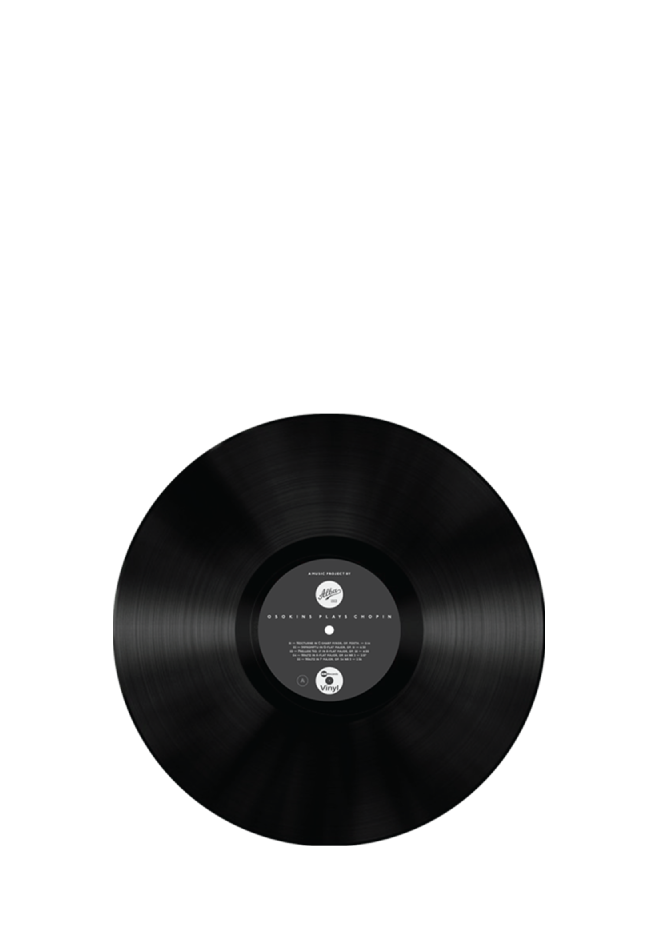The unique musical project Alba1913, an album with Fryderyk Chopin's music recorded by the finalist of the Chopin Competition, Georgijs Osokins.
01 Nocturne in C-sharp minor, op. posth. 5:14
02 Impromptu in G-flat major, op. 51 6:30
03 Prelude no. 17 in A-flat major, op. 28 4:00
04 Waltz in A-flat major, op. 64 No. 3 2:57
05 Waltz in F major, op. 34 No. 3 2:36
06 Waltz in E-flat major, op. 18 "Grande valse brilliante" 5:35
07 Ballade no. 3 in A-flat major, op. 47 8:09
08 Nocturne no. 17 in B major, op. 62 No. 1 7:48
Bonus track, recorded in 2012.
Project partners: Yamaha, Academy of Music in Poznań.
The charismatic finalist of the Chopin Competition, Georgijs Osokins from Latvia, recorded a studio album in Poznań. Based on the repertoire selected by a young pianist from the output of the most famous Polish composer.

Alba musical project
We invited Georgijs Osokins, a finalist of the Chopin Competition, to record a studio album and decided to release it ourselves. We believe that classical music can perfectly complement spiritual development, which is necessary to keep the whole body in balance.

We approached the recording of studio recordings in an unconventional way. We invited a sound engineer, Mirosław Wdowczyk, experienced in a different style, and for his persuasion, we chose the modern sound of the Aula Nova of the Music Academy in Poznań, which will also be appreciated u017c ła Latvian pianist. The recording was made on the same Yamaha piano that Georgijs Osokins played during the Competition.
For spirit
– Wearlier, when building the Alba1913 brand, we focused more on design as an integral part of the product, which showed our aesthetic sensitivity u0105. However, in the holistic care that our company has been practicing for a hundred years, producing cosmetics and herbal medicines, spiritual development cannot be missing. Listening to classical music, especially in the interpretations shared by Georgijs Osokins, is absolutely compatible with the vision of beauty that we want to popularize, i.e. beauty as harmony of body and spirit – says the originator of the enterprise Łukasz Rychlicki, CEO of Alba1913.






